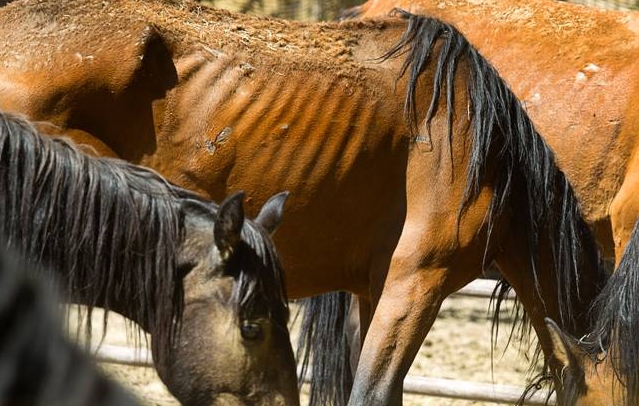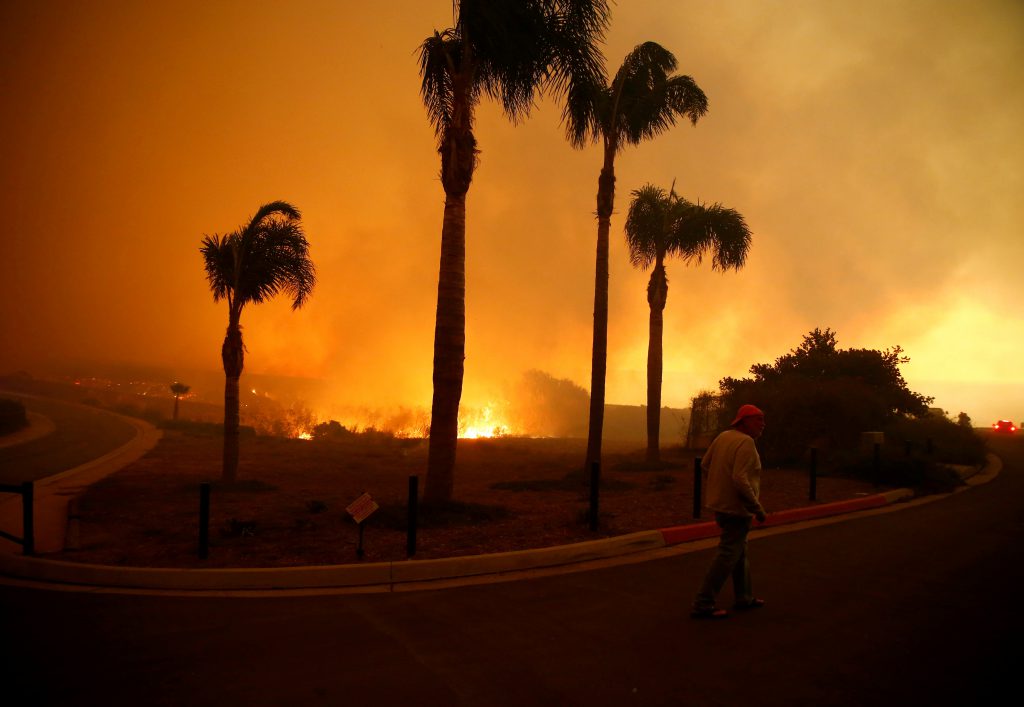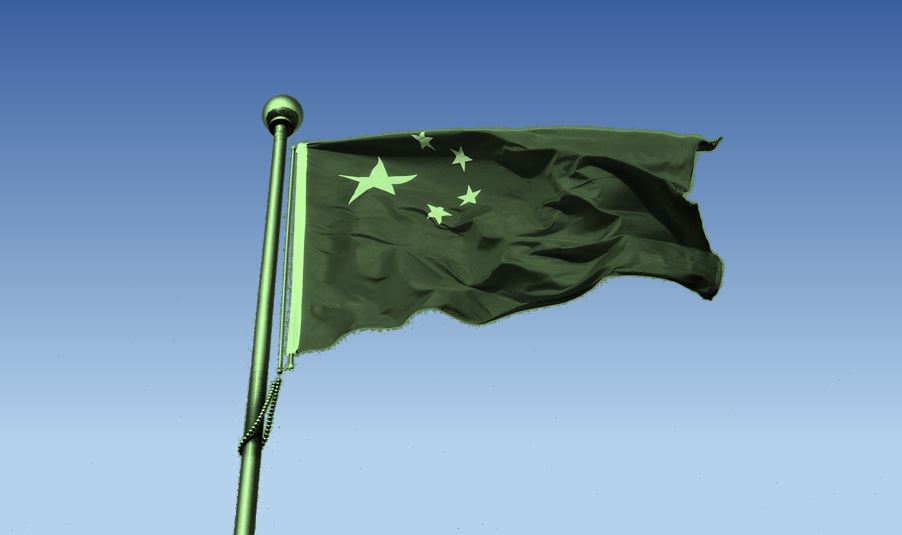Logan Wilde, commissioner of agriculture and head of the Utah Department of Agriculture and Food, said the seeds are a threat to public lands and can result in substantial threats to ecosystems should nonnative plants take root.
Amy Joi O’Donoghue
Unsolicited, invasive seeds from China showing up in Utah mailboxes
Alarmed federal authorities investigating
SALT LAKE CITY — China and several other foreign countries are sending unsolicited nonnative seeds to Utah households and more than a dozen other states, and state and federal officials are stumped over the motives behind what they say is an ecologically dangerous scam.
Most important, they are urging residents to turn the seeds over to state agricultural agencies — and the original packaging — so the seeds don’t go in the ground.
Federal agencies such as the U.S. Department of Agriculture, Homeland Security and U.S. Immigration and Customs Enforcement are trying to get to the bottom of the mystery.
In Utah, more than 125 households have reported receiving seeds for roses or a mint in the Asian family, according to Robert Hougaard, director of the Plant Industry Division within the Utah Department of Agriculture and Food.
Among them was Tina Peterson, a longtime gardener in Bountiful, who was quickly suspicious. Not only had she not ordered the seeds, the labeling just didn’t make sense.
“They look just a little bit like spinach seeds, the seeds that I received, but not quite like spinach seeds, so I was a little suspicious. But what really set me off was that they were labeled as earring studs,” Peterson said.
Peterson, who calls herself “one of those research-aholics,” wasn’t about to plant something she couldn’t identify in her precious plot. Instead, she contacted Utah’s Department of Agriculture about the mystery seeds.
“I know exactly what I want in my garden, and I only plant what I want in my garden,” she said.
Hougaard detailed the variety of seeds in Utah shipments thus far Tuesday and said they are undergoing analysis at the Utah seed lab.
“Our main focus has been looking at these Chinese seeds to try to determine what they are,” he said.
Logan Wilde, commissioner of agriculture and head of the Utah Department of Agriculture and Food, said the seeds are a threat to public lands and can result in substantial threats to ecosystems should nonnative plants take root.
As far as threats to the public, Wilde said the seed packages may be a way to garner information from residents in the state.
“Right now we think this is a scam,” he said, adding that federal agencies are focused on cybersecurity threats and are working closely with state agencies caught up in the mysterious seed scheme.
We respect your reading experience, and have refrained from putting up a paywall and obnoxious advertisements, which means that we get by on small donations from people like you. We’re not asking for much, but any amount that you can give goes a long way to securing a better future for the people who make America great.
[paypal_donation_button]
For as little as $1 you can support Free Range Report, and it takes only a moment.



